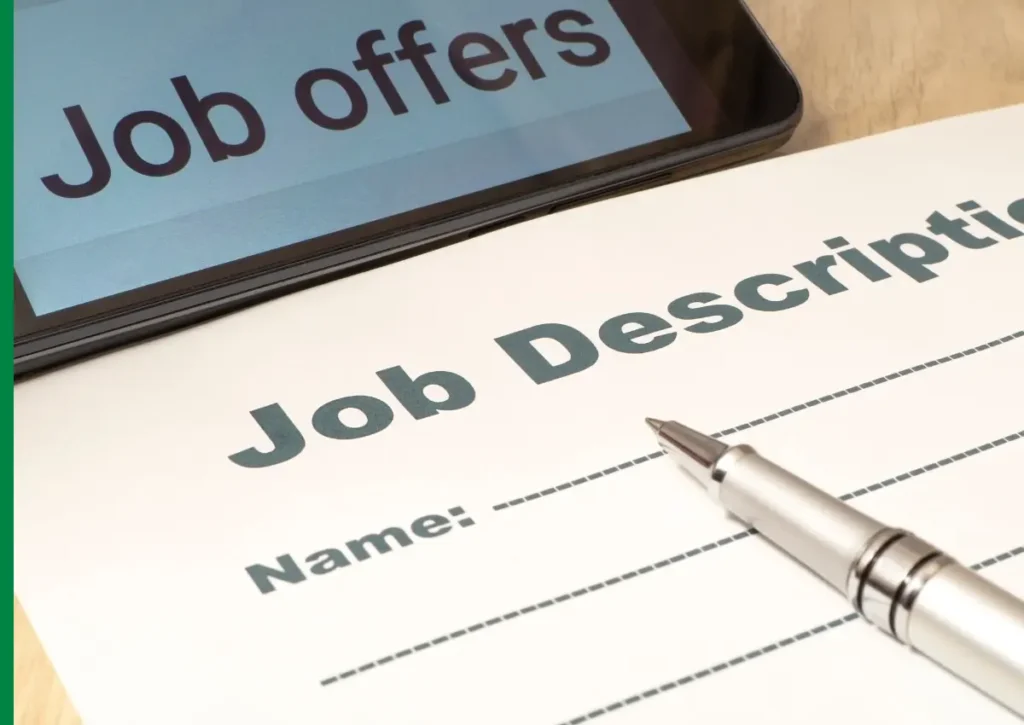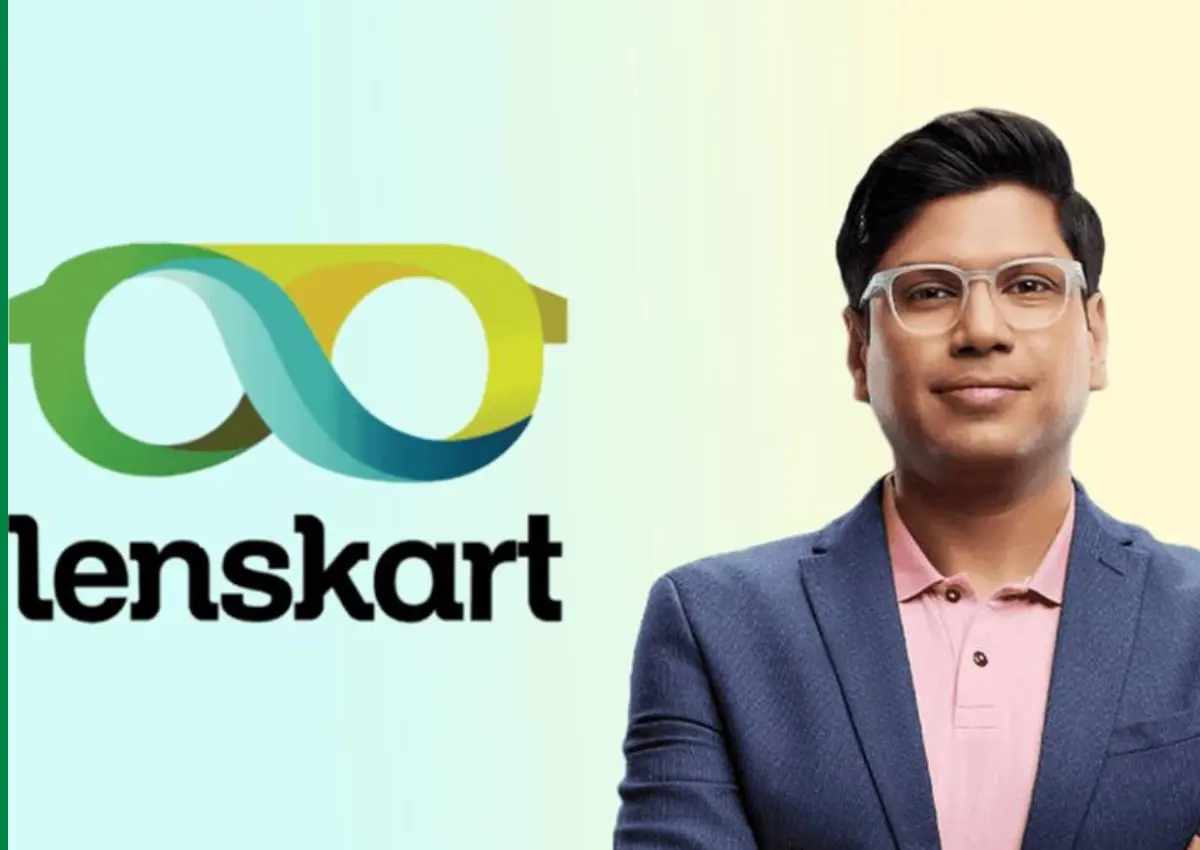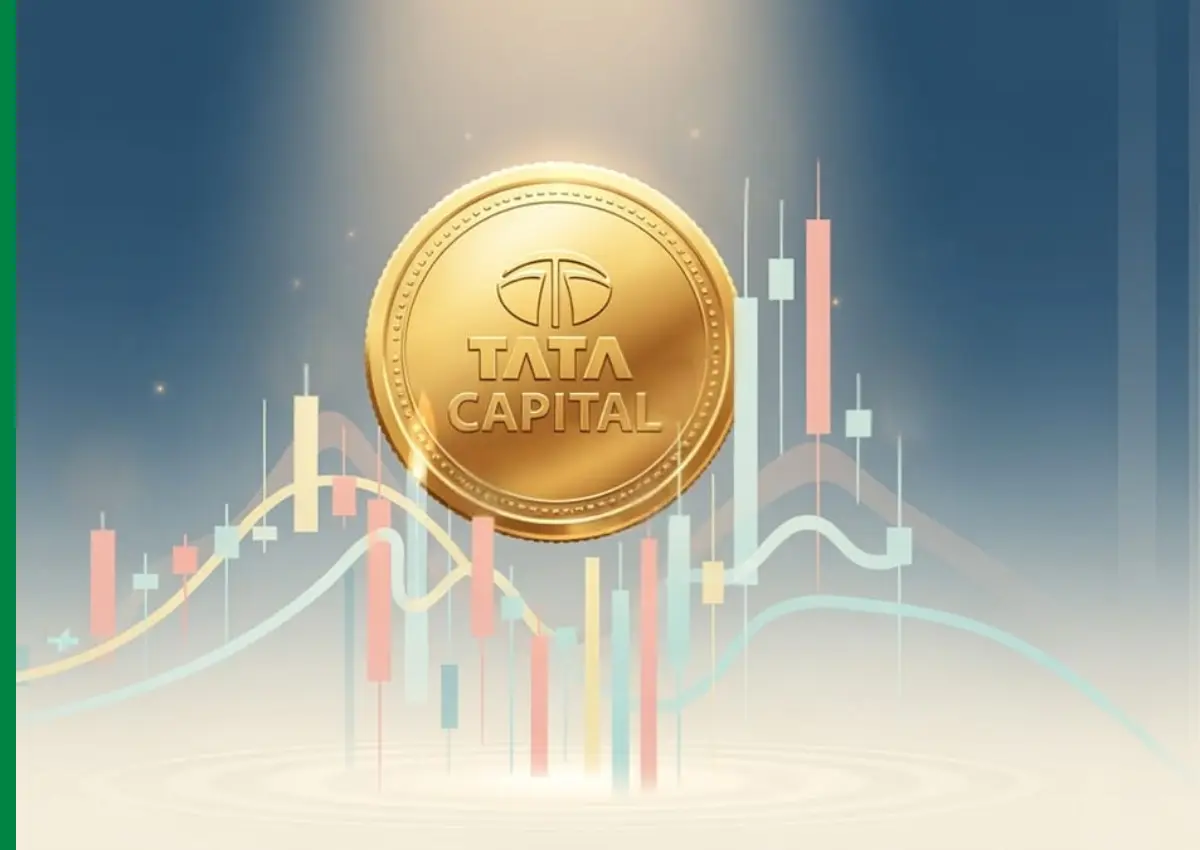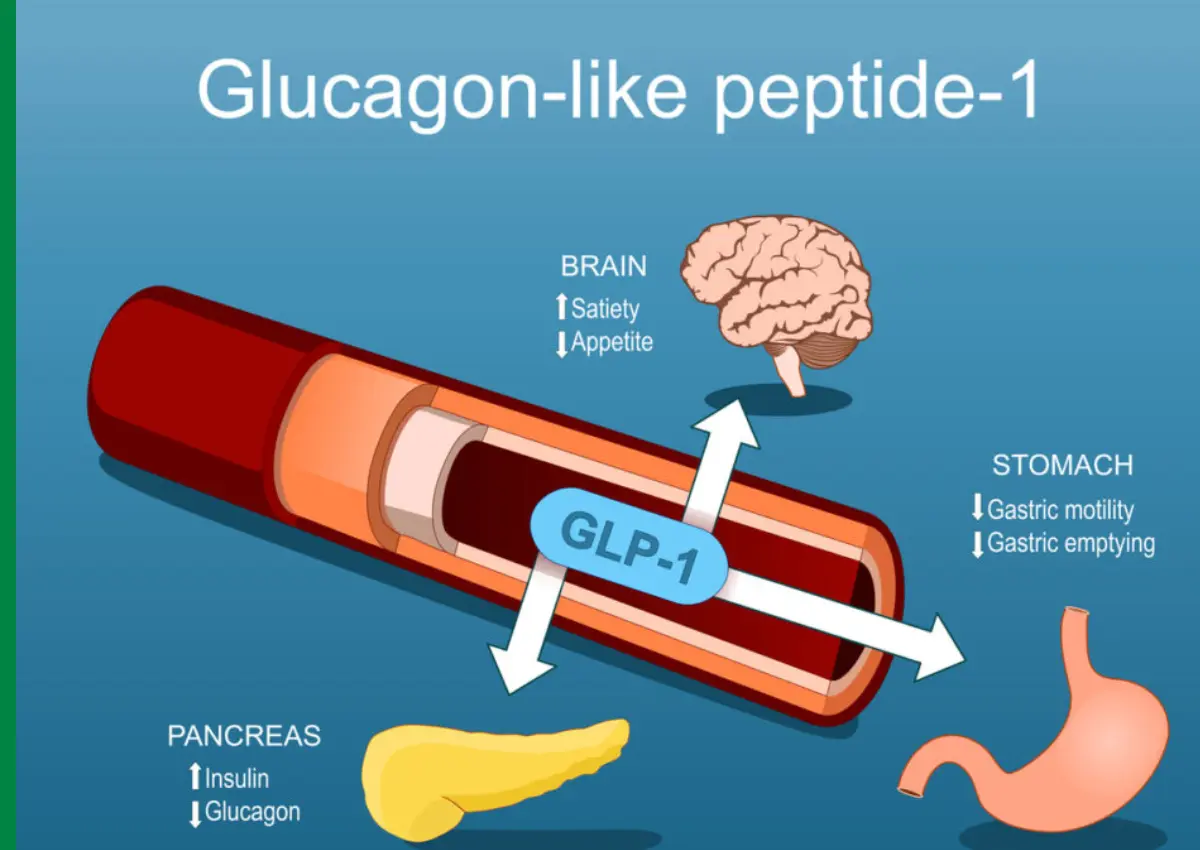Ambitious professionals worldwide view the United States as an endless chance for success that combines advanced industrial sectors with exceptional resources and fulfilling professional development possibilities.

If you want to work in America without a job offer letter, then what option do you have? Employer sponsorship does not represent the one and only means for legal work authorization in the U.S. Several professional visa types enable exceptional candidates to petition themselves through their demonstrated skills and proven achievements, together with the potential benefits they bring to the United States.
This insight, provide you some ideas to work in America without any job offer letter.
Why do most U.S. work visa programs require employers to provide sponsorship for foreign workers?
The framework of the American immigration system assigns employers primary responsibility for guiding visa applications during work visa processes.
This structure serves multiple purposes:
Employer sponsorship provides a systematic way to connect suitable foreign workers with real American job requirements.
American workers obtain safeguarding from the system through employer requirements to show they could not identify suitable candidates from within the United States.
Employer sponsorship develops a sponsorship relationship, which results in obligations for employers.
The standard career path functions effectively for numerous working individuals, though it displays multiple operational constraints.
If you wish to start your own business through entrepreneurship, which visa path should you choose? Professionals working in unique fields require unconditional collaboration opportunities with various organizations.
Some individuals might seek complete freedom to select their own career goals without needing employer links after moving to the United States.
People who want to make their own professional choices without relying on employer sponsorship can find appropriate visas in the U.S. immigration program.
Self-Sponsored Visa Options: Taking Control of Your U.S. Career
The EB-1A Visa: For Those with Extraordinary Ability
The EB-1A visa functions as the highest category in employment-based immigration. The EB-1A visa protects the top position in the employment-based immigration system for those who have accomplished outstanding success within their fields.
Who qualifies? The EB-1A is available to professionals with extraordinary ability in:
- Sciences
- Education
- Business
- Athletics
- Arts
What makes this visa special? The EB-1A exempts its visa-holders from labor certification requirements as well as job offer needs for self-petition purposes. By being independent from employers, you can directly submit your application to U.S. Citizenship and Immigration Services (USCIS).
Evidence of extraordinary ability typically includes documentation of:
- Major internationally recognized awards (think Nobel Prize, Olympic medal, or Academy Award)
- Membership in exclusive professional associations that demand outstanding achievement
- Published material about your work in professional publications
- Original contributions of major significance to your field
- Serving as a judge of others’ work in your specialty
- Commanding a high salary or remuneration compared to others in your field
The EB-1A is particularly appealing because it leads directly to permanent residency (green card) and places you in the highest preference category for processing.
The EB-2 National Interest Waiver (NIW): For Advanced Degree Holders and Exceptional Talent
The EB-2 National Interest Waiver enables qualified professionals to self-petition for benefits in the United States through their substantial professional contributions.
Who qualifies? To be eligible, you must either:
- Hold an advanced degree (Master’s or higher), or
- Demonstrate exceptional ability in sciences, arts, or business
What makes this visa special? Under the NIW, one can avoid the typical requirement of employment offer validation and the labor certification procedure. To qualify, you must establish your work demonstrates benefits for the national interest of the United States.
National interest work might include contributions to:
- Public health initiatives
- Environmental protection and sustainability
- Educational advancement
- Technological innovation
- Economic growth in underserved regions
The USCIS evaluates NIW petitions using a three-pronged test established in Matter of Dhanasar:
- Your proposed endeavor must have substantial merit and national importance
- You must be well-positioned to advance this endeavor
- It would be beneficial to the United States to waive the job offer and labor certification requirements
The EB-2 NIW enables researchers together with entrepreneurs, healthcare professionals and technology specialists to work in the United States if their work addresses vital U.S. priorities.
The O-1 Visa: Temporary Option for Extraordinary Achievement
The O-1 visa offers temporary positioning for exceptional people who do not prioritize instant permanent residency even though other choices lead toward permanent residency directly.
Who qualifies? The O-1 visa is available in two categories:
- O-1A: For individuals with extraordinary ability in sciences, education, business, or athletics
- O-1B: For those with extraordinary achievement in arts, film, or television
What makes this visa special? The O-1 offers remarkable flexibility. While you technically need a U.S. entity to file the petition, this can be an agent rather than a traditional employer. This arrangement allows you to:
- Work as a freelancer or independent contractor
- Take on projects with multiple clients
- Maintain greater control over your work arrangements
Evidence of extraordinary ability for the O-1 typically requires meeting at least three of these criteria:
- Receiving nationally or internationally recognized awards
- Belonging to prestigious professional associations
- Being featured in professional or major trade publications
- Making original scientific, scholarly, or business contributions
- Authoring scholarly articles in professional journals
- Earning a high salary or remuneration
- Serving as a judge of others in your field
- Playing a critical role in distinguished organizations
The O-1 initially grants a stay of up to three years, with unlimited extensions available in one-year increments.
Choosing the Right Self-Sponsored Pathway
Among different visa choices, which one will match your specific circumstances?
Consider these factors:
Immigration Goals: Temporary vs. Permanent
- Seeking permanent residency? The EB-1A and EB-2 NIW lead directly to green cards.
- Prefer flexibility or uncertain about long-term plans? The O-1 visa offers a non-immigrant option that can potentially transition to permanent status later.
Qualification Level
Genuine international acclaim? The EB-1A stands as the most challenging visa classification for extraordinary ability.
Advanced degree with significant contributions? The EB-2 NIW category seems less challenging to obtain compared to other options available.
What is required for someone with recognized expertise in a specialized field? The O-1 regulatory framework accepts both exceptional and notable achievements from foreign workers.
Field of Expertise
Science and research activities match with the EB-2 NIW visa, while artistic or performing professions fit better with O-1B visas and business entrepreneurs can choose between EB-2 NIW and O-1A status.
Scientists and researchers typically achieve success with EB-2 NIW petitions when they show how their work serves U.S. interests.
Artists, together with performers, should consider the O-1B category, as it was created to recognize their artistic accomplishments.
Both EB-2 NIW and O-1A visa categories serve entrepreneurs who aim to demonstrate their business innovation or business acumen, respectively.
How to make a self-sponsored visa application
Self-sponsored visa applications demand meticulous preparation. Since you’re not relying on an employer’s established reputation, your personal credentials and accomplishments must speak for themselves.
Documentation Strategy
The key to success lies in comprehensive evidence collection. Begin assembling:
- Academic credentials: Degrees, specialized certifications, and academic honors
- Career achievements: Awards, recognitions, and promotions
- Publications and citations: Research papers, books, artistic exhibitions, or media coverage
- Support letters: Testimonials from recognized experts confirming your contributions
- Membership evidence: Documentation of involvement in prestigious professional organizations
- Salary history: Proof of commanding exceptional compensation in your field
Articulating Your Value Proposition
Beyond simply meeting eligibility criteria, successful petitions tell a compelling story about why your presence benefits the United States.
Your narrative should clearly explain:
- How your specific expertise addresses current gaps in American capabilities.
- The tangible impact your work has already made in your field.
- The potential future contributions you could make if granted permission to work in the U.S.
Common Pitfalls to Avoid
Self-petitioned visa applications often face heightened scrutiny.
Watch out for these common mistakes:
- An insufficient evidence pointing to only a few achievements stands in the way of showing long-term excellence
- Your recommendation letters provide general statements instead of thorough testimonies written by established authorities.
- Your national benefit remains unclear because you do not directly connect your work to specific U.S. interests and priorities.
- Inconsistent documentation: Presenting contradictory information across different parts of your application
The Application Process: What to Expect
While each visa category has its unique requirements, self-sponsored applications generally follow this trajectory:
- Eligibility assessment: Determine which visa category best matches your qualifications
- Evidence compilation: Gather comprehensive documentation of your achievements
- Labor certification petitions need preparation through filing Form I-140 (for EB categories) together with Form I-129 (for O-1 applicants).
- The United States Citizenship and Immigration Services conducts an evaluation of your petition.
- The applicant will handle requests for evidence that appear during the petition review process.
- You will obtain notification about the acceptance of your petition filed as a self-petitioner.
The last steps for visa processing and adjustment of status will lead to receiving your visa or green card and the duration of a green card process stretches from weeks to years, as it depends on your visa type and USCIS case queue along with personal factors.
Final thoughts
Professionals throughout the world who demonstrate ambition do not need job offers to pursue careers in the United States through self-sponsored visas. Three self-sponsored visa options namely EB-1A, EB-2 NIW and O-1, enable professionals to lead their immigration journey through paths grounded in accomplishment besides talent and forecasting.
These alternatives present distinct paths to the U.S. that reward people who demonstrate excellence while initiating change through meaningful contributions to American society. Your visa strategy should be determined by your career objectives as well as your individual capabilities together with your future aspirations.
FAQs
Can I get a U.S. visa without any job offer?
Yes.
Can I get a U.S. work permit without any job?
Yes.
How many types of visas?
There are four types of visas: 1. Business, 2. Tourist, 3. Employment, 4. Student
How do I know if I am eligible for a U.S. visa?
A consular officer at the U.S. embassy or consulate will review your application to decide if you’re eligible for a visa and which type best fits your reason for travelling, according to U.S. immigration laws.



